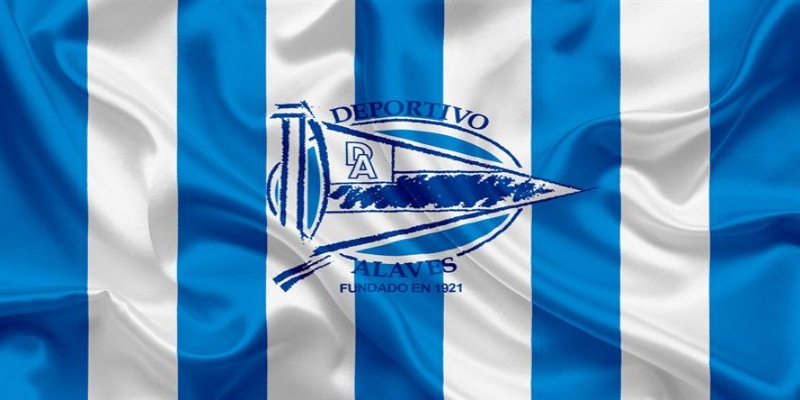Alavés Club isn’t just a football team—it’s a symbol of resilience, passion, and Basque pride. From thrilling highs to crushing lows, this historic club has carved its name in Spanish football with unwavering spirit. With a devoted fanbase, fierce rivalries, and a vision for the future, Alavés continues to defy expectations. Join us as we dive into its fascinating history, squad dynamics, tactical brilliance, and what lies ahead for this relentless underdog in the ever-competitive football landscape.
Alavés Club Current Squad
A club’s present reflects its past, and the current squad of the Alavés Club tells a story of hope and ambition. As of now, the team is building upon its historical legacy with a mix of seasoned professionals and promising young talent.
The composition of the squad plays a vital role in determining the Alavés Club‘s standing in La Liga. Each player brings a unique skill set and personality that contributes to the collective goal of achieving success on the pitch. The blend of experience and youthful exuberance creates an environment conducive to growth and development.
Key Players in the Current Squad
Within any successful team, certain players stand out due to their skills, leadership qualities, or contributions to crucial matches. For the Alavés Club, several key figures have emerged as linchpins for the squad.
These players often assume roles that extend beyond mere technical abilities. They are leaders on the field, guiding younger teammates and helping to foster a winning mentality. Whether it’s through scoring goals, providing assists, or organizing defensive efforts, these individuals play pivotal roles in shaping the identity of the team.
Furthermore, analyzing their performances offers insights into the tactical approaches employed by the coaching staff. The synergy between the coach’s vision and the players’ execution will ultimately determine how far the Alavés Club can go in their quest for glory in domestic and international competitions.
Coaching Staff Dynamics
Behind every successful squad lies a committed coaching staff, working tirelessly to develop strategies that suit the team’s strengths and weaknesses. The coaching staff at the Alavés Club is dedicated to refining player skills and instilling a sense of unity.
Their expertise extends beyond merely formulating tactical plans; they also emphasize the importance of mental fortitude. Balancing the demands of La Liga while managing individual player development forms a crucial part of their duties. Regular training sessions, tactical meetings, and motivational talks shape the players not only as athletes but also as individuals who represent the values of the Alavés Club.
Youth Integration in the Current Squad
One of the hallmarks of the Alavés Club over the years has been its commitment to integrating youth players into the first team. The club recognizes the significance of developing homegrown talent and provides ample opportunities for young players to showcase their potential.
By fostering a culture that values youth development, the Alavés Club not only secures a sustainable future but also maintains its connection with the community. This strategy resonates deeply with fans who take pride in seeing local talents don the club colors and contribute to its success.
Conclusion
The journey of the Alavés Club is a testament to resilience, community, and passion. From its humble beginnings to its current standing in Spanish football, the club has evolved while remaining true to its origins. The blend of history, culture, and footballing ambition interwoven through the Alavés Club creates a rich tapestry that continues to inspire fans.
As the club faces new challenges and opportunities on the horizon, one thing remains certain: the unwavering support of its loyal fans will always be the heartbeat of the Alavés Club. Moving forward, the club’s commitment to excellence, youth development, and community engagement will shape its legacy for generations to come, ensuring that its story lives on in the hearts of supporters and the fabric of Basque culture.

Leave a Reply